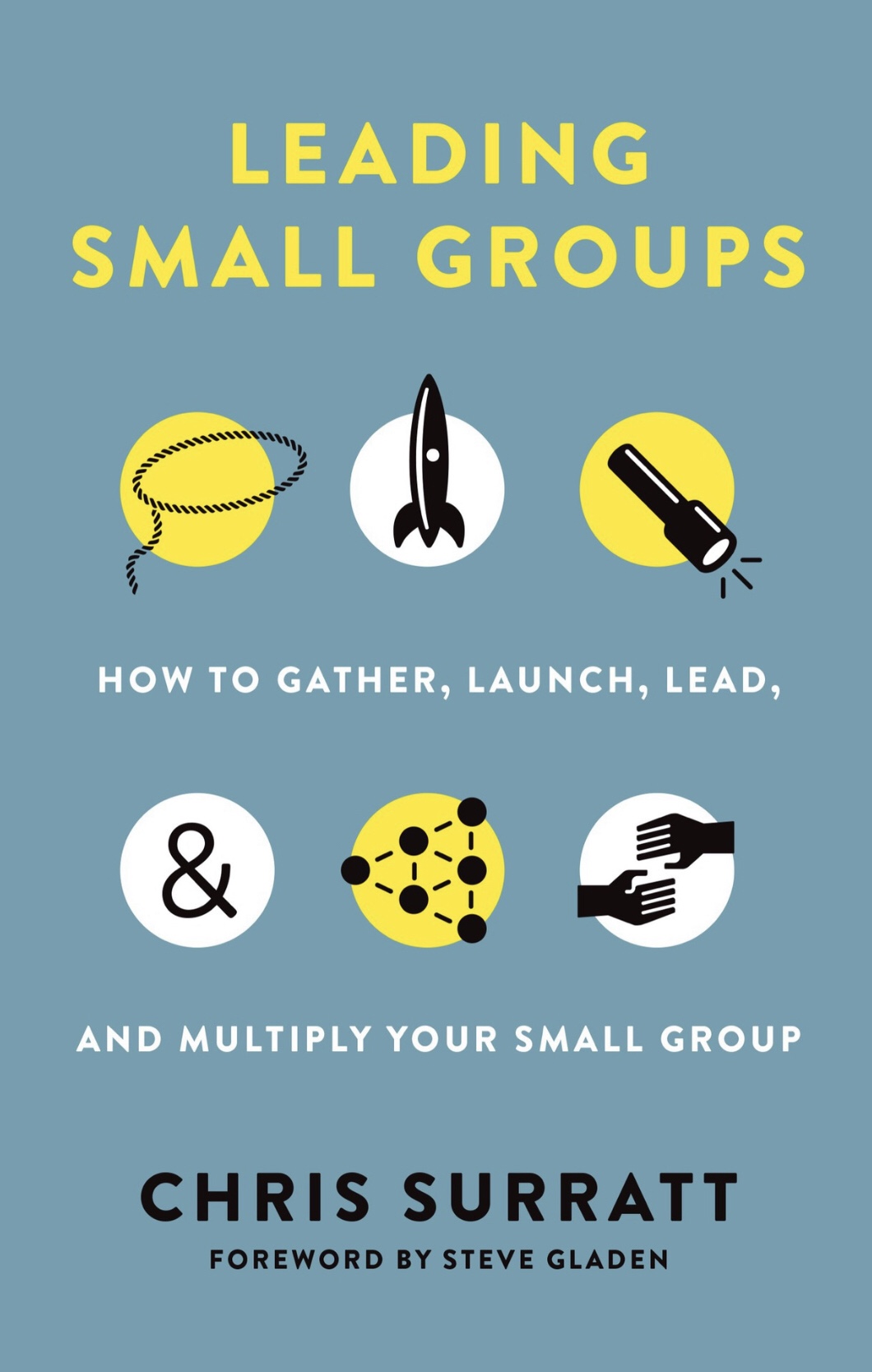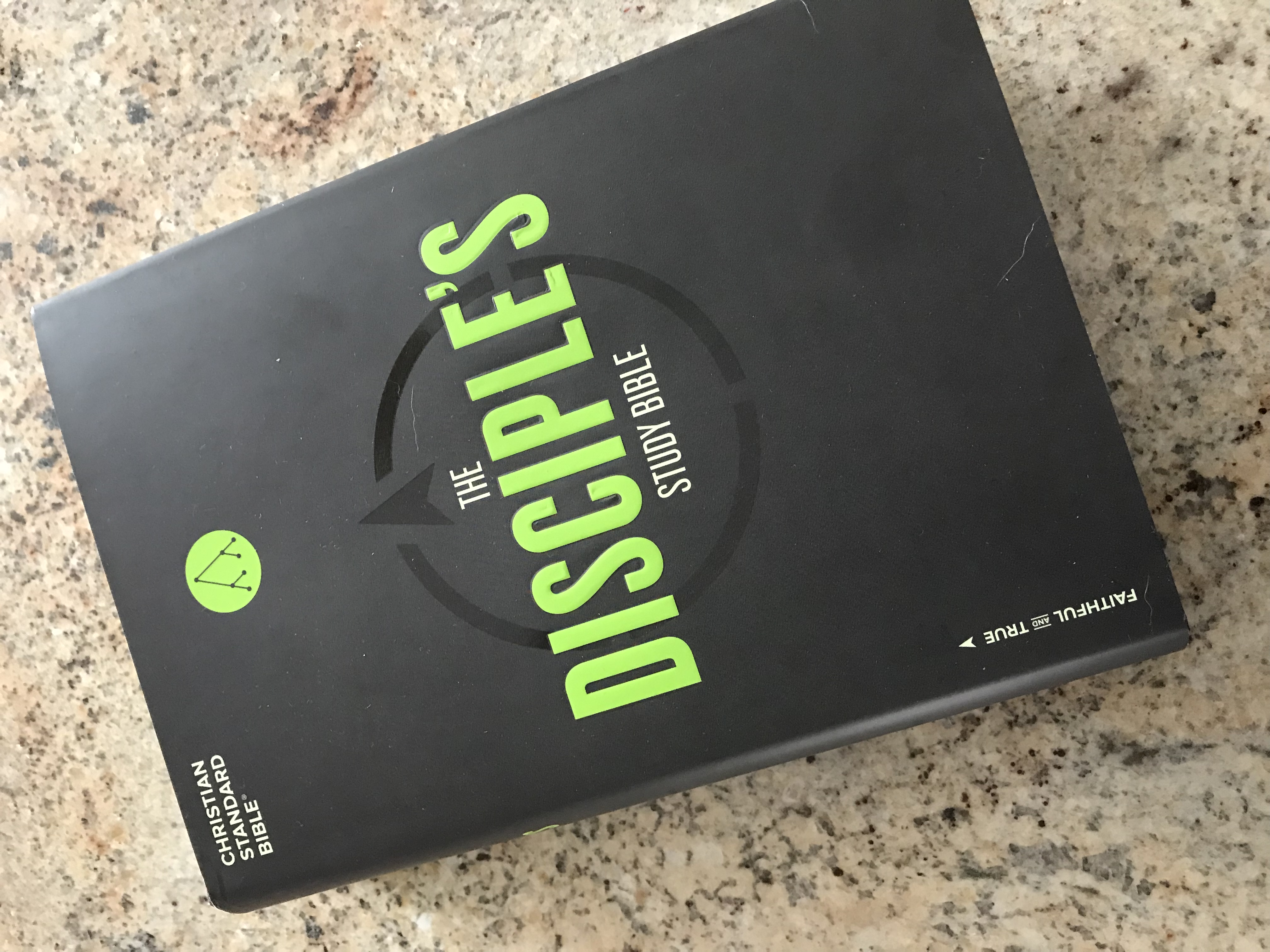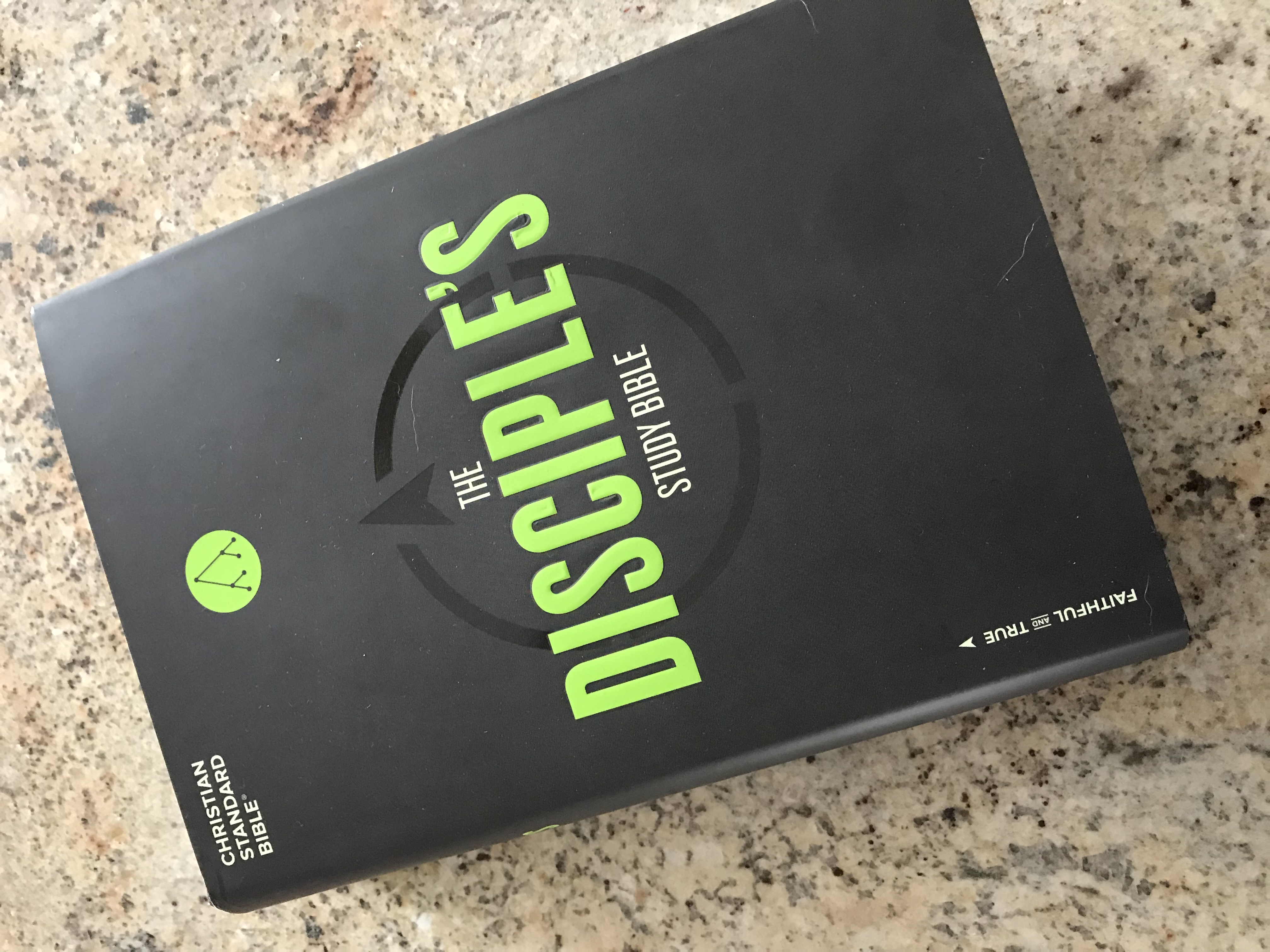
Part of the Replicate series of resources, the Disciple’s Study Bible pairs the highly readable Christian Standard Bible translation with a reading plan and inductive Bible study method developed by Robby Gallaty, currently pastor of Longhollow Baptist Church in Hendersonville, TN. He is the author of this and other discipleship works:
The Disciple’s Study Bible (DSB) follows what it calls the F-260 Bible-reading plan. While the “F” is not defined here, elsewhere it refers to “Foundations.” The “260” refers to a 260 day reading plan. The plan is chronological in nature and its purpose is not to be exhaustive, but to “guide the reader through the entire meta-narrative of Scripture in just one year.” The reading plan is also designed for use in three areas: “first-time readers”, “church-wide alignment”, and “from the pulpit down.” One could use this plan for their own personal devotions, as the basis for small group discipleship groups, or even as a pastor planning an annual preaching calendar.
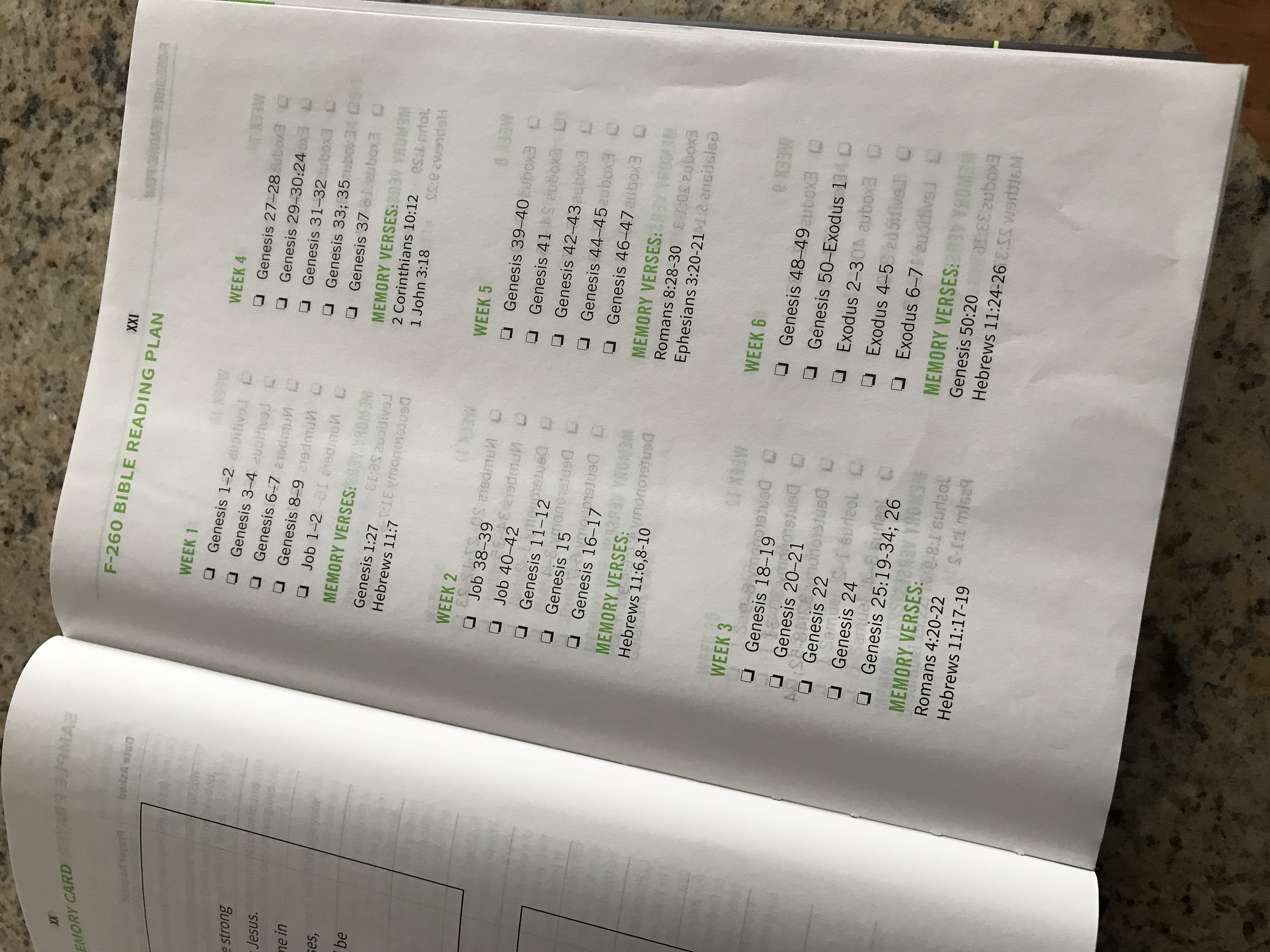
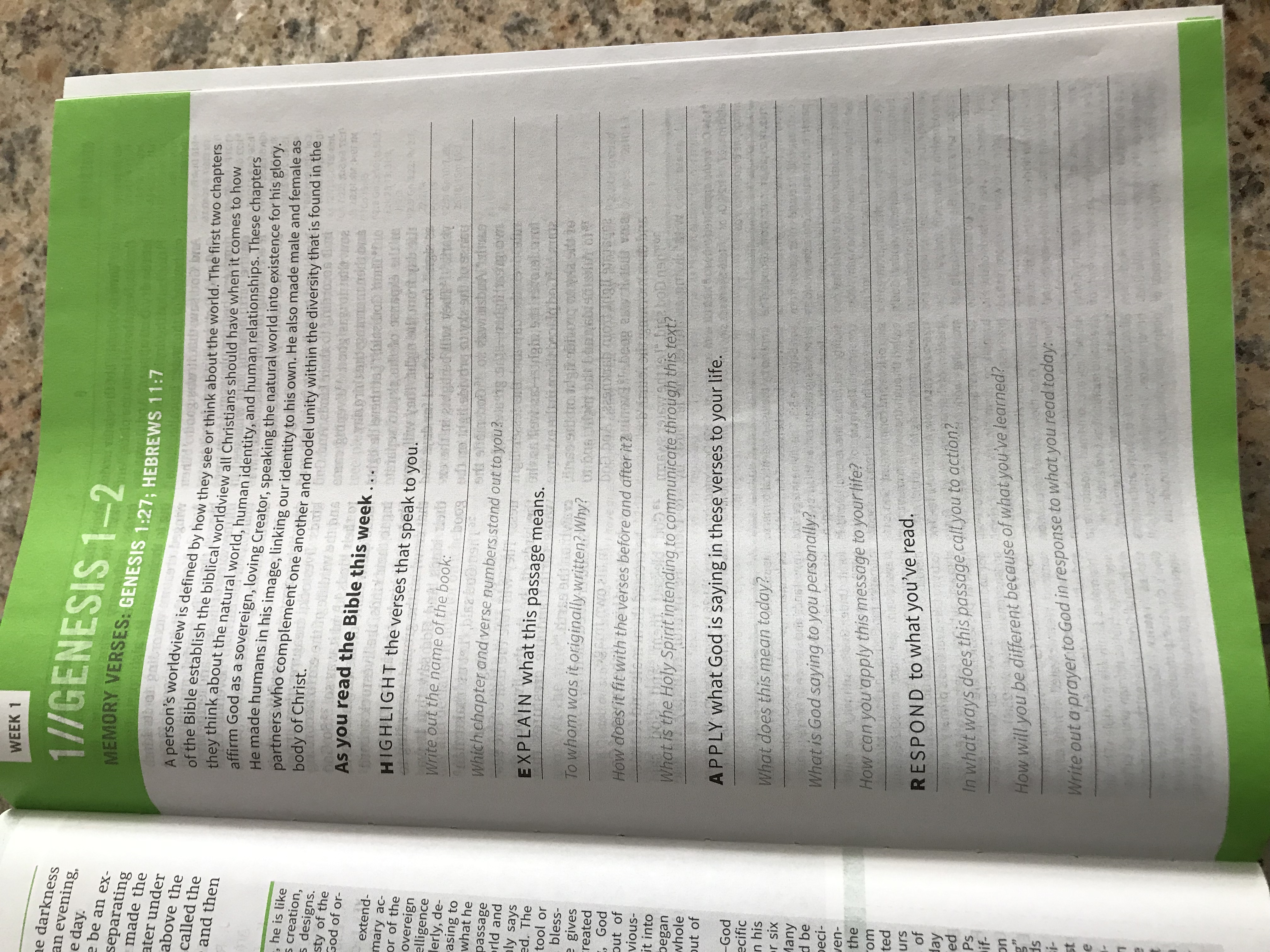
For ease of use, the DSB includes the reading plan as both a check-listed table in the front as well as in-line highlighted pages throughout. The checklist is pretty straightforward and neatly laid out. As you can see it includes five readings per week, allowing space for the busyness of life. The readings are shorter than typical reading plans so one might be able to slow down and really dig into a passage. My only critique with the plan would be that as a chronological plan a true first time reader might find difficulty navigating the different references when they are out of order. The in-line pages also don’t help navigate the reader. My only other critique would have to do with the pages themselves which experience quite a lot of bleedthrough.
The in-line pages contain a breakdown of Gallaty’s HEAR inductive Bible study method. HEAR stands for Highlight, Explain, Apply, and Respond. The reader first highlights the most important aspects of the passage. Second, the reader moves to explain what is going on in the passage. In the third step the reader takes up application, how might what is going on in this passage apply to his or her life? Finally the reader is called to respond. I like this step as even in the Bible study the emphasis is already placed on putting the application into action. This Bible study method can be applied to any passage of Scripture and I can see how it can be easily transferred and put into practice. While the publishers went to the step of including journaling space within this Bible for this purpose, if one were to actually use it as such it would render entire sections of the text on the following pages unusable. It would be best to do your journaling in a separate book.
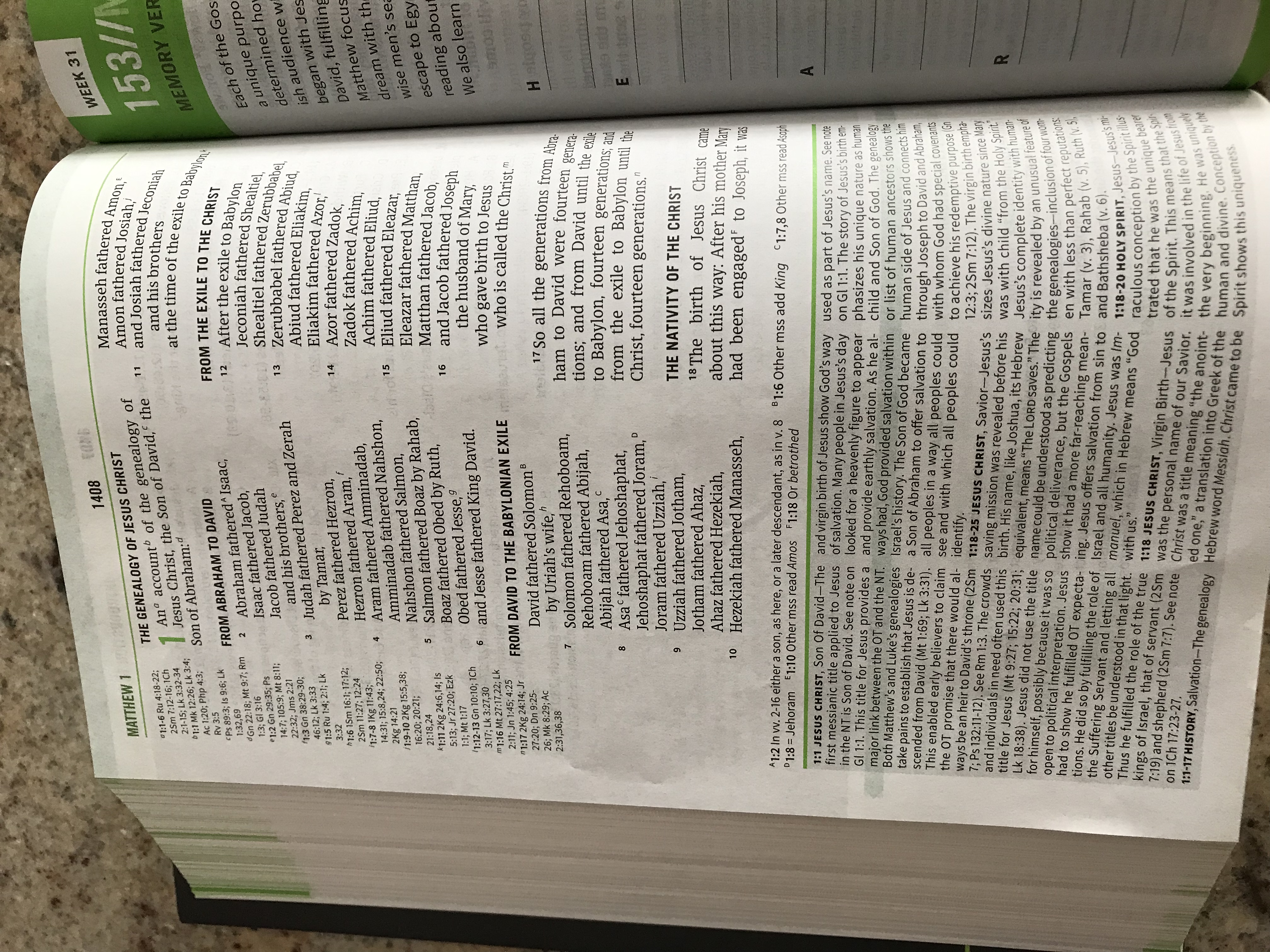
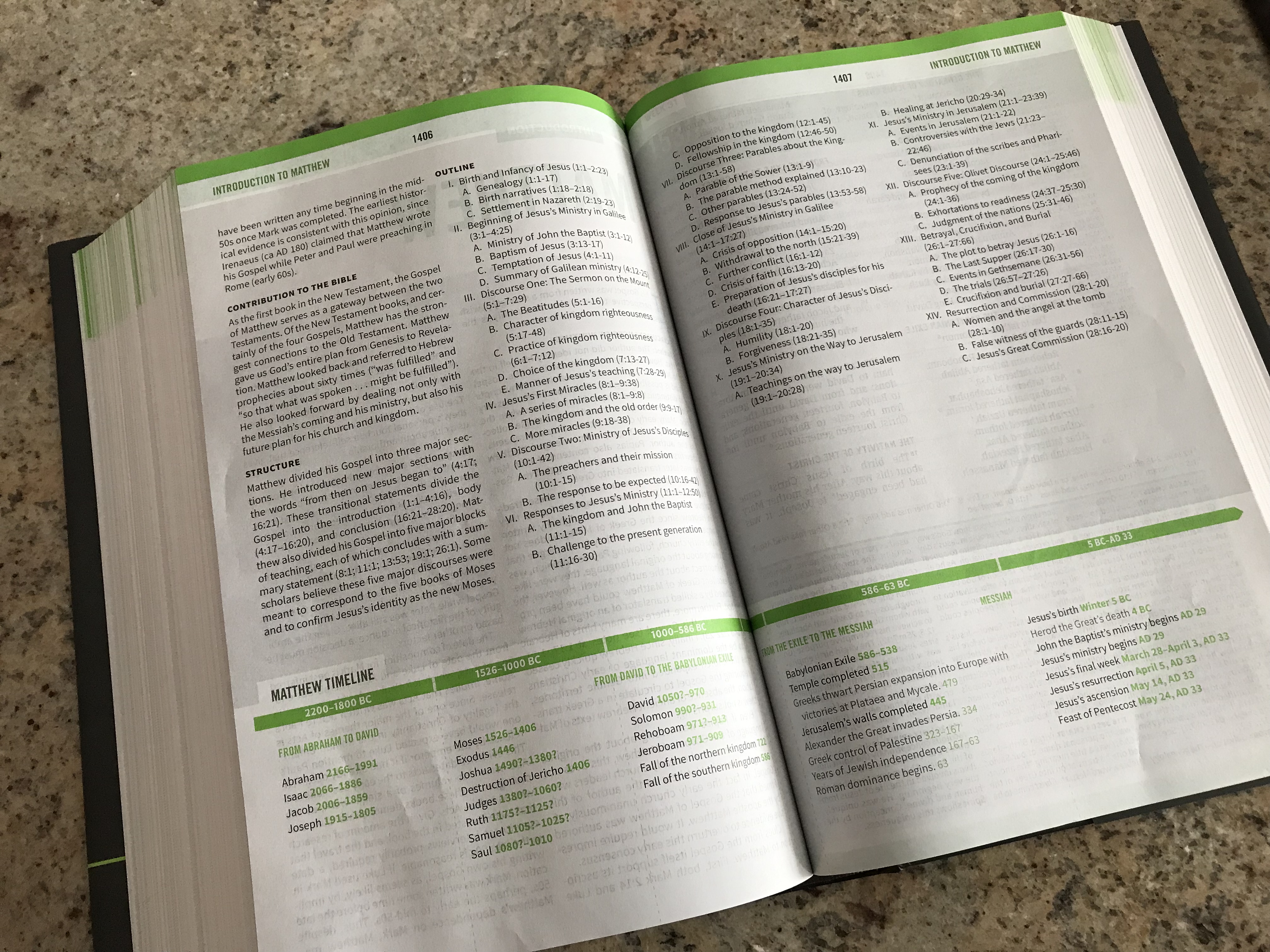
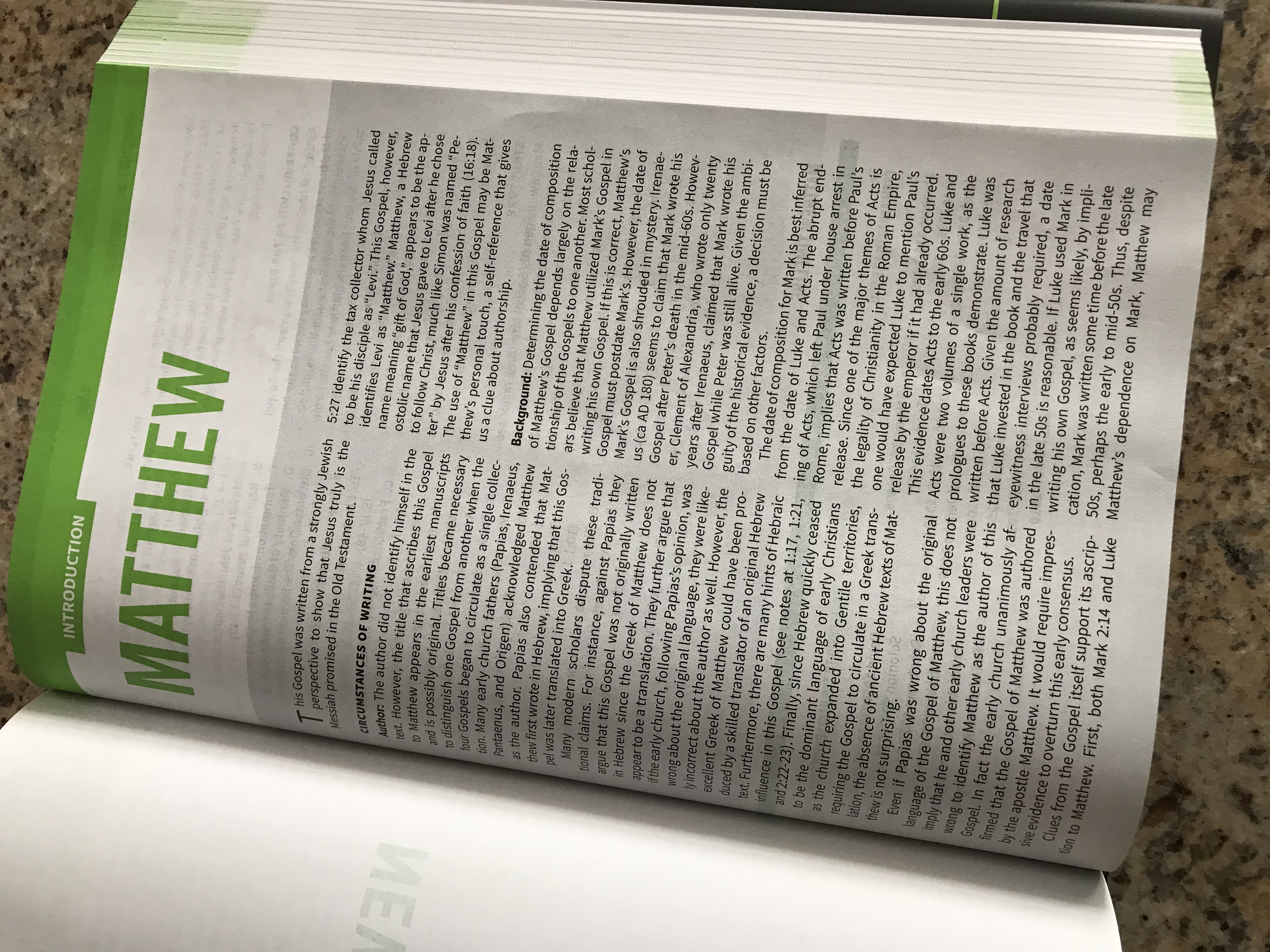
The DSB includes resources typically found in study Bibles: introductions to each book, outlines, timelines, and commentary. While the introductions, outlines, and timelines for the DSB have been brought over directly from the CSB Study Bible, I’m still not sured where the study notes came from.
The back of the DSB includes many helpful articles and resources for personal discipleship, small group discipleship (what Gallaty calls D-Groups), as well as resources relating to organizing and discipline an entire church.
After just a cursory glance at this study Bible I would highly recommend it for its intended purpose, if you are looking to use it individually for personal Bible study, or if you are a small group or church leader looking to use it for larger scale discipleship.
